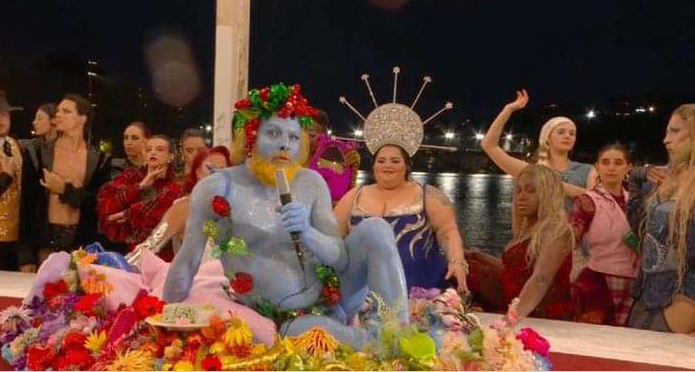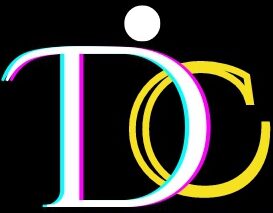
The opening ceremony of the Paris 2024 Olympics has ignited a firestorm of controversy, drawing sharp criticism from Christian and Muslim leaders around the globe.
The event, which featured a bold and flamboyant performance, has been labeled by some as a mockery of Christianity, specifically due to its resemblance to Leonardo da Vinci’s iconic painting, “The Last Supper.”
A key moment of the ceremony involved a tableau that many viewed as a parody of “The Last Supper,” which depicts Jesus Christ and his apostles.

This segment included performances by drag queens, and the imagery quickly drew condemnation from religious conservatives and church leaders. Critics argue that the depiction was not only disrespectful but also offensive to Christian values.

In response to the backlash, the organizers of the Paris Olympics issued an apology, acknowledging that the tableau in question had upset some viewers.
Despite this, they defended their creative choices, stating that the intention behind the performance was not to parody “The Last Supper” or insult Christianity.
Thomas Jolly, the artistic director of the ceremony, emphasized that the inspiration for the scene was not da Vinci’s famous work.
The controversy has prompted a global discussion about the boundaries of artistic expression and respect for religious symbols.
While some have condemned the performance as a “mockery” and an “insult,” others have defended it as a celebration of LGBTQ+ inclusivity and diversity.
Fitness guru Jillian Michaels, among others, criticized the performance as an offensive take on Christian beliefs.
As the Paris 2024 Olympics continue, the opening ceremony remains a focal point of debate, reflecting broader tensions between artistic freedom and religious sensibilities.
The organizers’ apology indicates an awareness of the impact their choices have had, but the debate over the ceremony’s appropriateness is likely to persist.
